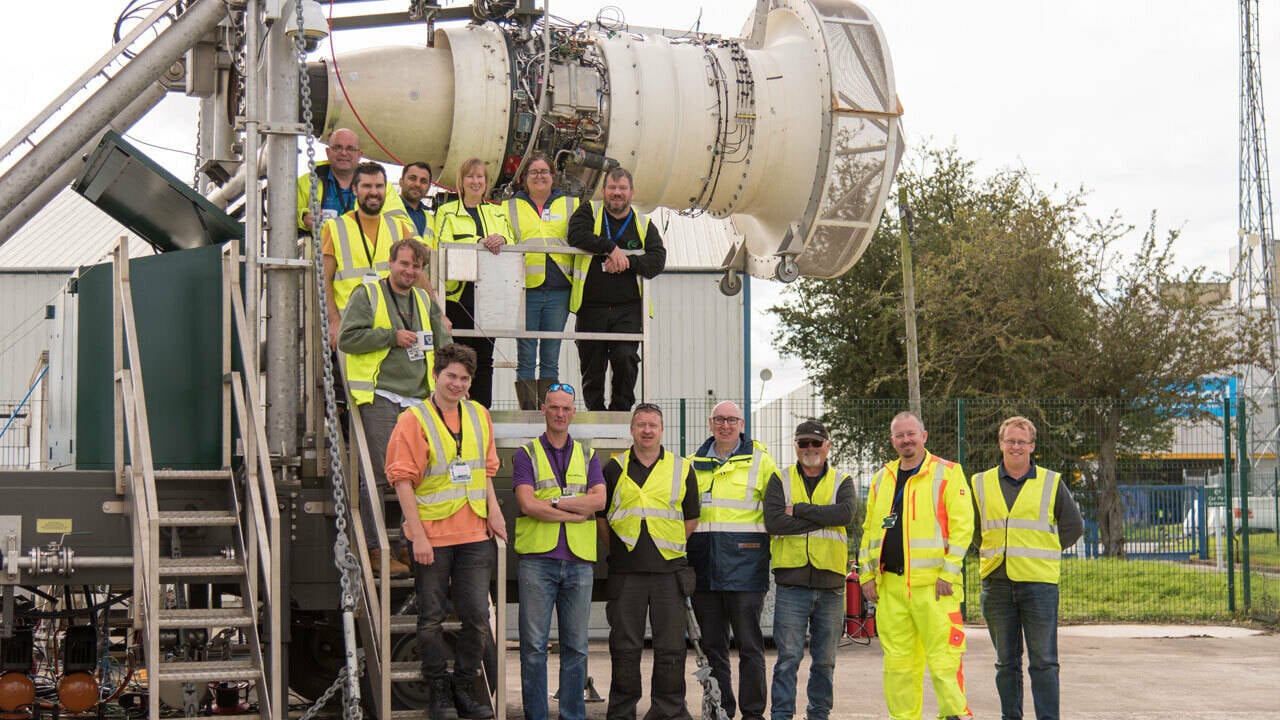
October 17, 2023 at 03:35AM
Researchers from the National Centre for Atmospheric Science and the University of Manchester have found that sustainable aviation fuels (SAFs) have the potential to reduce emissions by up to 80%. Blends of traditional jet fuel and SAF were tested, showing a significant reduction in emissions. SAFs can be made from corn, waste resources, and other materials, and can be used without modifying existing aircraft. However, meeting net-zero aviation goals will require significant resources and infrastructure development. Hydrogen and electric aircraft are being developed, but challenges remain.
Key Takeaways from Meeting Notes:
1. Sustainable aviation fuels (SAFs) made from sources other than fossil fuels can reduce emissions by up to 80 percent.
2. Preliminary data shows that blending traditional jet fuel with SAF can result in fewer emissions of ultrafine black carbon, both in number and mass.
3. The use of SAF could potentially reduce the climate warming effects of aviation globally, especially during cruising when non-volatile particulate matter production is reduced.
4. SAFs can be made from various sources, including corn, other crops, and waste resources such as wood mill waste, agricultural residues, fats and greases, and municipal solid waste.
5. SAFs can directly replace traditional jet fuel without requiring modifications to existing aircraft hardware.
6. Improved air quality near airports can be achieved by using SAF/petroleum blends with lower aromatic content.
7. The US has committed to building a net-zero aviation system by 2050, with increased SAF production being a key requirement.
8. The UK may face challenges in meeting net zero aviation goals due to the need for significant land use or renewable electricity supply increases for SAF production.
9. The development of sustainable aviation technologies like hydrogen-fueled, electric, and hybrid aircraft is ongoing but still in the early stages.
10. Hurdles in sustainable aviation include the generation and supply of alternative fuels, as well as the associated infrastructure requirements.
11. Rolls-Royce, Easyjet, and Airbus are involved in projects to develop hydrogen-powered aviation engines and jets.
12. Challenges with battery technology currently limit the range and efficiency of electric aircraft.
13. Proper management of battery technology is important to mitigate fire risks in aviation.
These key takeaways indicate that a sustainable aviation future is possible, but there are challenges to overcome in terms of fuel production, infrastructure development, and the advancement of alternative technologies. Ongoing research and development efforts are critical to addressing these challenges and achieving net zero aviation goals.